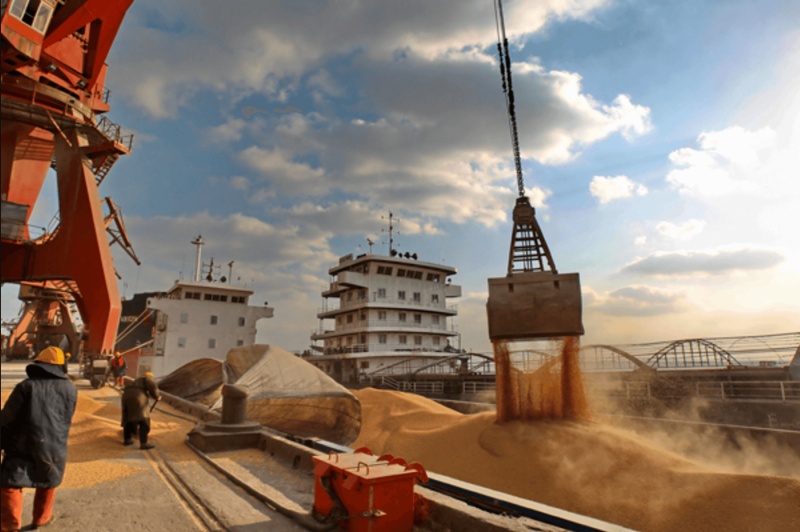As COVID-19 spreads around the globe, fears of a deep global recession are mounting. Some also fear that food supplies may start running short, especially if supply chains are disrupted. Others fear that agricultural production may be disrupted by containment measures that restrict workers from harvesting and handling crops.
…
Global markets are well supplied, stocks are healthy, production of key staples is unlikely to be disrupted, and prices have remained relatively stable. Trade is allowing production to move from areas of surplus to areas of shortage, avoiding the drastic shortages and food insecurity associated with reliance only on local production.
But there will be serious threats to the access of the poor to food as a consequence of lost income from lockdowns and other restrictions. These should be addressed through measures that help maintain access to food, rather than through policies like export bans that may threaten that access.
…
Instead, trade channels should be kept open so that international markets can play an instrumental role in in avoiding food shortages and mitigating the inevitable global economic downturn.































